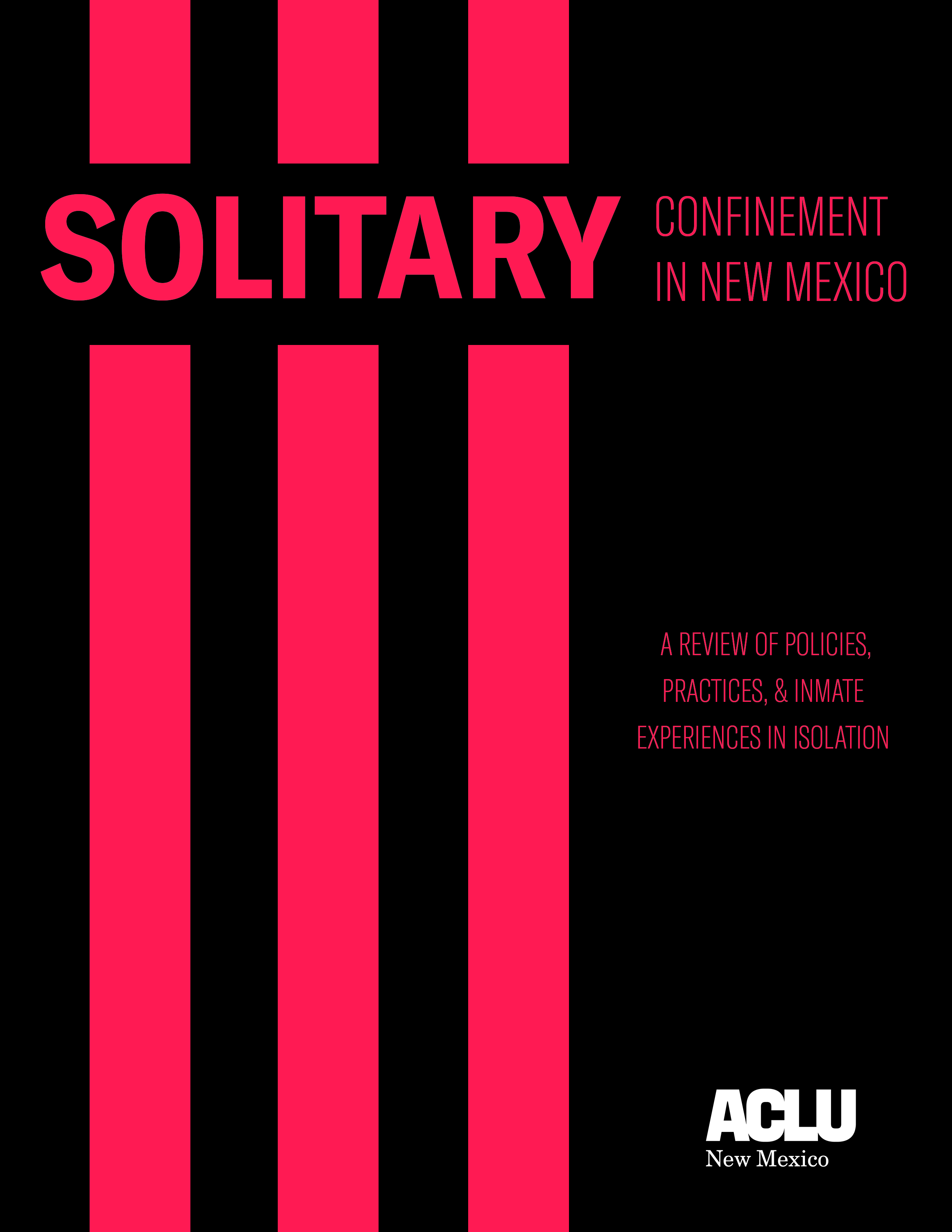There is a growing movement throughout the country to adopt local policies that promote public safety and integrate immigrant families into the social, economic and cultural life of our communities. Over two dozen jurisdictions in New Mexico have already adopted policies that ensure local resources are not being used to help enforce federal immigration laws and separate New Mexican families. State and local agencies that divert limited local resources to helping enforce federal immigration laws jeopardize public safety, prevent victims and witnesses from coming forward, and erode trust with the immigrant community—making it less likely to participate in community policing efforts.
Rachel Feldman along with the Santa Fe Chapter of the ACLU of New Mexico undertook a study about local government policies regarding inquiry about immigration status, use of this information, and interaction with federal immigration authorities. The following are the most important and relevant findings from her report titled “Immigration Rights In New Mexico: A Statewide Assessment Of Local Government Policies & Procedures.” The study was conducted between September and December of 2018, and inquiries were made by phone and formal requests for public records to all 33 counties and the 10 largest cities in the state. The table below shows a summary of the results.
The overall problem we are hoping to address in New Mexico is the lack of consistency and clarity across the state when it comes to the enforcement of federal immigration law. There is a wide variation regarding the identification and treatment of people who live in and pass through New Mexico. Rachel’s report raises questions regarding the extent to which immigrant rights are respected across the state. A statewide sanctuary policy would bring consistency to how immigrants are treated by state and local law enforcement and help curb many of the civil rights abuses we see and hear about across New Mexico.
The study found that “a majority of NM counties and larger cities have no written policy at the governing body level providing guidance to sub-units of local government regarding use of public resources for the identification of immigration status, use of that information, or interaction with federal immigration authorities.” This finding exposes the potential for
- inconsistent policies,
- unequal treatment of persons within the jurisdiction, and
- costly litigation. Without a statewide policy, it is common for immigrants and those perceived as immigrants to be harmed by actions of uninformed law enforcement acting upon their own prejudices and suspicions. This exposes local governments to liability and the cost of litigation.
Feldman also found that even where a local policy does exist, “policy at subsidiary units of government (e.g., sheriff/police, detention center) is sometimes inconsistent.” A common example of this is when detention centers do not align their policy with sheriff or police department policies. Local departments are likely to rely on informal oral instructions passed down through the chain of command, rather than written procedure. Additionally, there is no familiarity or clear coordination between overlapping jurisdictions that may or may not have these kinds of polices adding to the overall statewide confusion.
New Mexico needs a strong policy that ensures our limited public safety resources are used to make our communities safer not diverted towards targeting immigrant families. A statewide policy would assist in not only fixing the many problems brought up in Feldman’s study, but also in building trust between immigrant families and local law enforcement officials, thus improving public safety for all New Mexicans. Passing this kind of policy is one of the most important things the state legislature and Governor Michelle Lujan Grisham can do for all the people who call New Mexico home.
